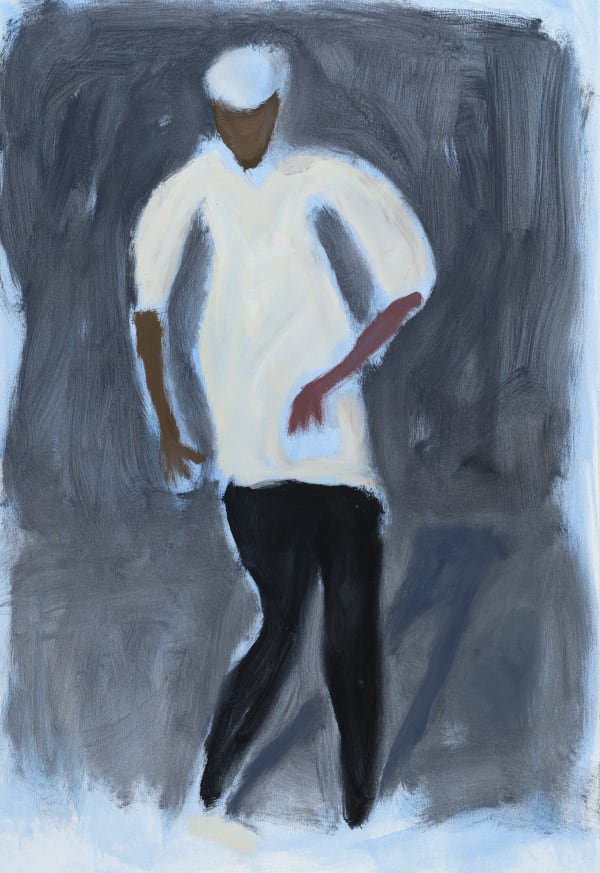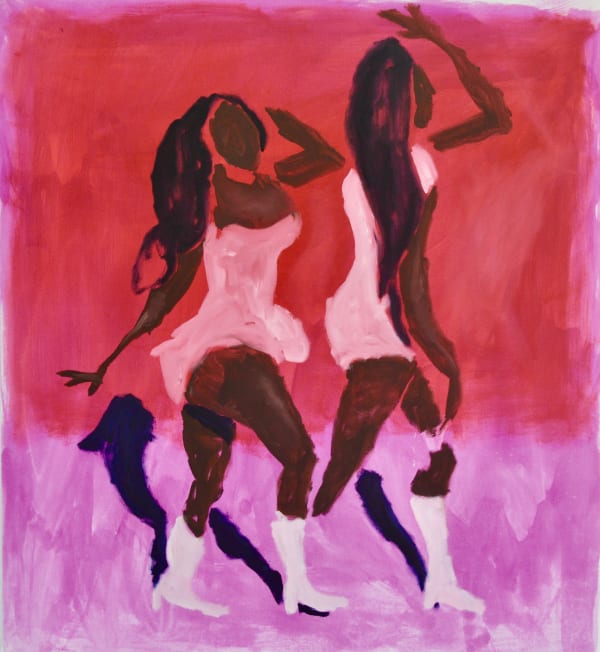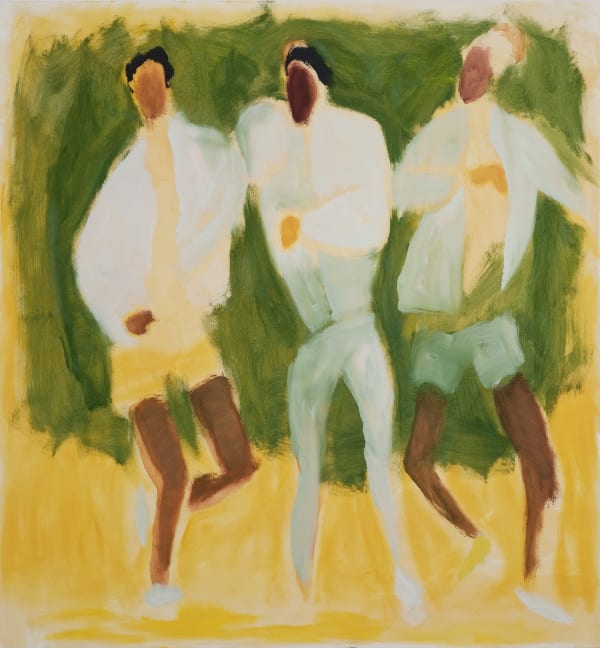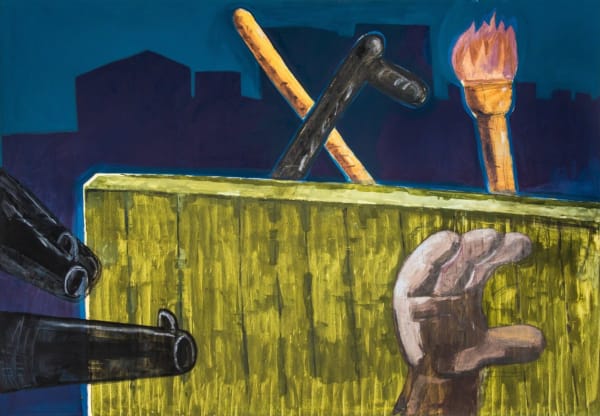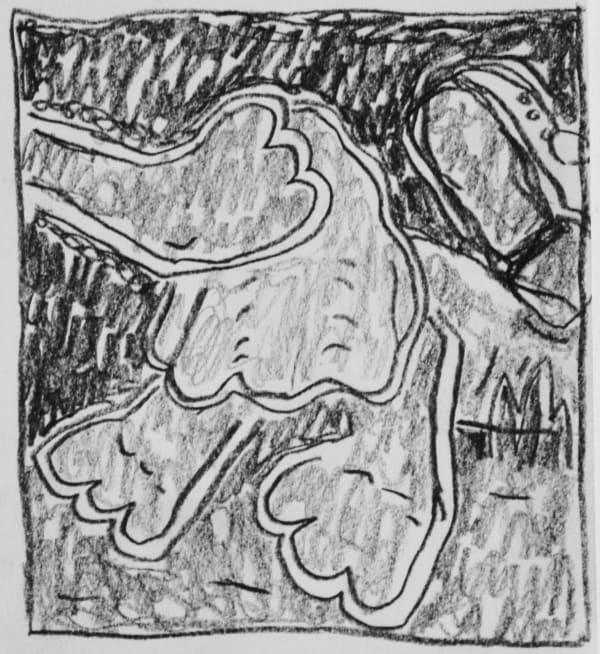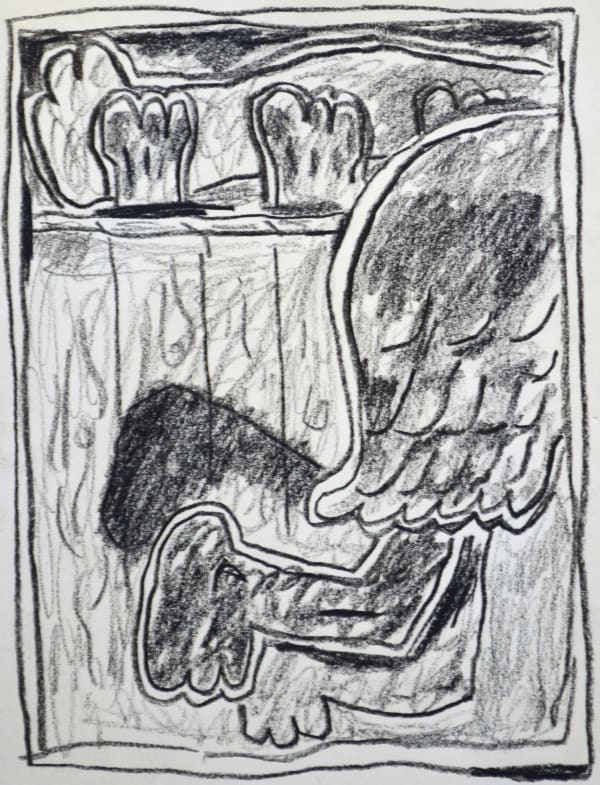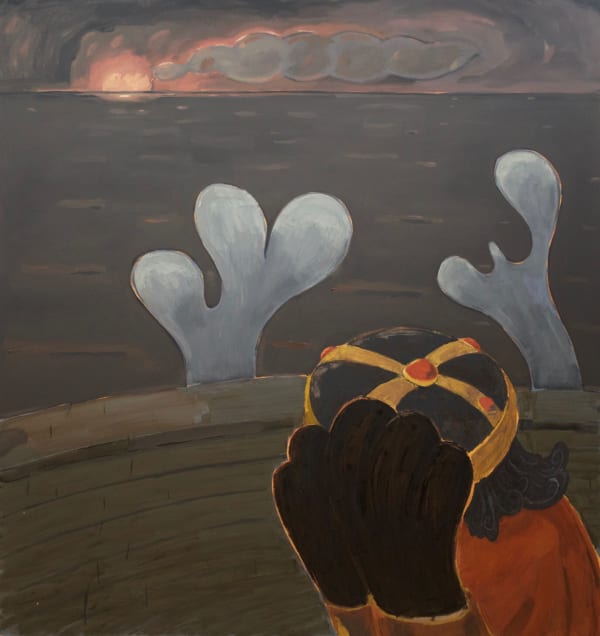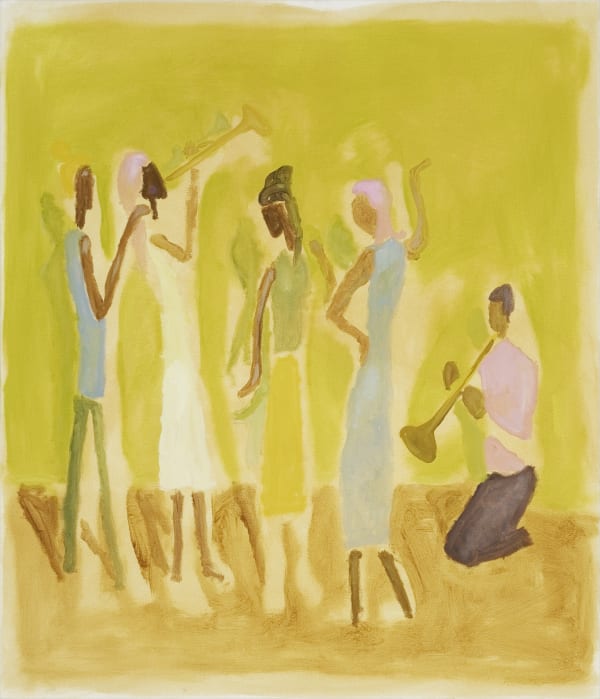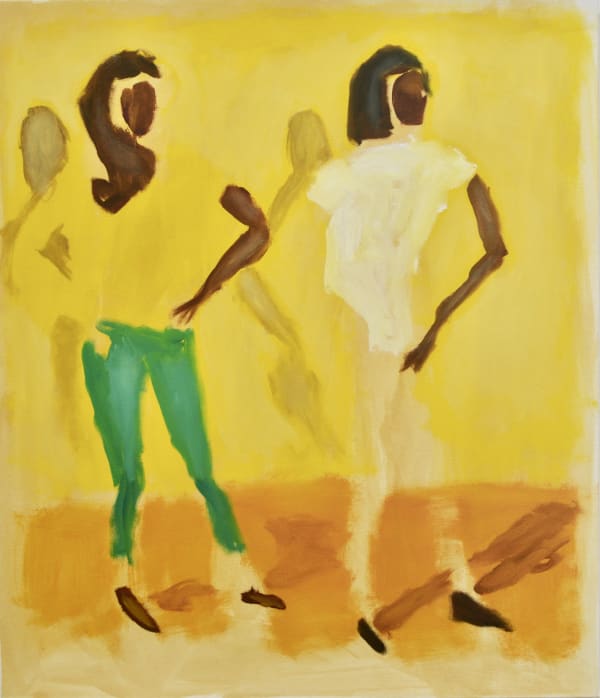Enrico Riley
Enrico Riley’s (b. 1973, Westbury, CT) paintings investigate violence and hope in historical and contemporary cultural traditions in African American culture. The artist uses formal techniques to expose the limitations of linear narratives, including fractured bodies, hidden figures, ambiguous environments, and cropped frames. About his new body of work, Riley has stated, "I’m interested in the materiality of paint, the expressive potential of painted images and about issues around black identity and visibility."
As we have seen, Riley’s thugs are not pictured; they are hidden or lurking off canvas, represented only by the weapons they carry. He is even less forthcoming about whether his scenes refer to the specific recent episodes of violence enacted upon African American bodies in the United States. There may very well be echoes of Trayvon Martin, Eric Garner and Michael Brown in Evening, which appears to represent police violence, or Procession, with its suggestion of martyrdom. Riley has indicated that he is “interested in retiring to biblical narratives as a path to common on present day interpretations of the black body, and to communicate about the vulnerability and suffering of human beings today”. The alternation in this statement between the specific (“the black body”) and the universal (“human beings”) captures the ambiguous terrain mined by Riley’s powerful new work.
Riley is the recipient of a Guggenheim Fellowship, the Rome Prize in Visual Arts, the American Academy of Arts and Letters Purchase Prize in Painting and holds the George Frederick Jewitt Professorship in Art at Dartmouth College. Riley has been the subject of solo exhibitions at the American Academy in Rome, the University of New Hampshire, and Jenkins Johnson Projects. He has participated in group exhibitions at State of the Art 2020 at Crystal Bridges Museum of Art and Black Bodies on the Cross at The Hood Museum. His work is in institutions including the Virginia Museum of Fine Arts, the Studio Museum in Harlem, the Hood Museum, and Nasher Sculpture Center. Enrico Riley has an MFA in painting from Yale University and a BA in Visual Studies from Dartmouth College. Recent exhibitions include a solo at The University of Michigan’s Institute for the Humanities as well as Art Basel Miami Beach and at Rhythm in Time with Jenkins Johnson Gallery.
-
 Keep on Breathing, 2022
Keep on Breathing, 2022 -
 Protective Gesture, 2022
Protective Gesture, 2022 -
 Together, Reflection Seen, 2022
Together, Reflection Seen, 2022 -
 Together, Yellow and Green, 2022
Together, Yellow and Green, 2022 -
 Untitled: Drummer, Inner Music, 2021
Untitled: Drummer, Inner Music, 2021 -
 Untitled: Drummer, Number 5, 2021
Untitled: Drummer, Number 5, 2021 -
 Untitled: Card Player, Queen, 2020
Untitled: Card Player, Queen, 2020 -
 Evening, Together We Can Do Anything, 2017
Evening, Together We Can Do Anything, 2017 -
 Untitled 8, 2015
Untitled 8, 2015 -
 Untitled Procession 5, 2014
Untitled Procession 5, 2014 -
 Untitled Witness 4, 2014
Untitled Witness 4, 2014 -
 Untitled: Card Players, The Friendly Game, 2020
Untitled: Card Players, The Friendly Game, 2020 -
 Untitled: Witness, Triangle Trade, 2019
Untitled: Witness, Triangle Trade, 2019
-

‘(Re)Visiting’ celebrates the history of visiting artists at UMass Boston
Michelle Dang, Mass Media, March 10, 2025 -

Enrico Riley opens second solo exhibition at Jenkins Johnson Projects
artdaily, September 29, 2022 -

Here Are 5 of the Best Booths at Frieze New York, From Metaphysical Landscapes to Playful Ceramics and a Revelatory Redi
Melissa Smith, artnet news, May 19, 2022 -

At the Galleries - Enrico Riley
Karen Wilkin, The Hudson Review, May 10, 2019 -

New York Galleries: What to See Right Now - Enrico Riley: New World
Martha Schwendener , The New York Times, March 13, 2019 -

Enrico Riley’s Cycled Histories
Andrew L. Shea, New Criterion , March 12, 2019 -

Enrico Riley: New World at the Jenkins Johnson Projects in New York, United States
Wall Street International Magazine, February 18, 2019 -

Enrico Riley
Molly Zapp, Art New England, September 24, 2017
-

Rhythm in Time
16 Jan - 8 Mar 2025Jenkins Johnson Gallery San Francisco presents Rhythm in Time featuring Patrick Alston, Aïda Muluneh, Blessing Ngobeni and Enrico Riley. This exhibition is in conjunction with our second San Francisco exhibition,...Read more -

Cyclical Bloom
Patrick Alston, Kevin Cole, Lisa Corinne Davis, Scott Fraser, Aïda Muluneh, Wycliffe Mundopa, Blessing Ngobeni, Enrico Riley, and Philemona Williamson 6 May - 24 Jun 2023Jenkins Johnson Gallery is pleased to present a group exhibition including artists, Patrick Alston, Kevin Cole, Lisa Corinne Davis, Scott Fraser, Aïda Muluneh, Wycliffe Mundopa, Blessing Ngobeni, Enrico Riley, and...Read more -

Enrico Riley
Stand 10 Sep - 29 Oct 2022Jenkins Johnson Projects is pleased to present Enrico Riley’s solo exhibition Stand . The exhibition explores the materiality of paint and the expressive potential of painted images in relation to...Read more -

Winter Salon Part II
1 Feb - 7 Mar 2020Jenkins Johnson Gallery is pleased to announce Winter Salon Part II , a showcase of recent selections from leading artists currently showing with the gallery. Following Winter Salon Part I...Read more -

Summertime...
Harlan Mack, Devin N. Morris, Enrico Riley, and Kennedy Yanko from Jenkins Johnson Projects with works by Wesaam Al-Badry, Ben Aronson, Julia Fullerton-Batten, Lalla Essaydi, Ken Graves & Eva Lipman, Aida Muluneh, Blessing Ngobeni, Nnenna Okore, Paccarik 18 Jul - 15 Sep 2018Jenkins Johnson Gallery is pleased to announce Summertime… , a cross-generational exhibition that brings artists from Jenkins Johnson Projects, Brooklyn into conversation with our San Francisco Gallery. This international show...Read more
-
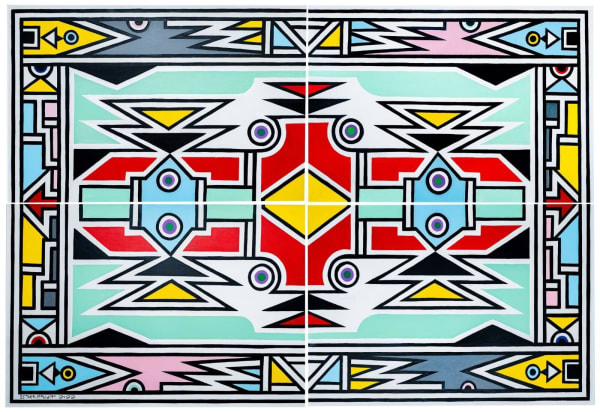
Art Basel Miami Beach 2024
6 - 8 Dec 2024Jenkins Johnson Gallery is pleased to participate in the 2024 edition of Art Basel Miami Beach . This year is our largest and most ambitious...Read more -
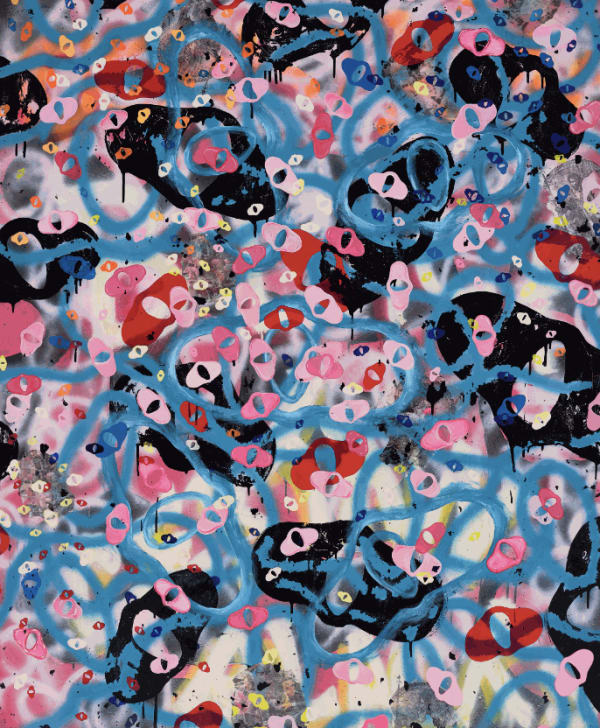
Art Basel | Miami Beach
Miami, FL 6 - 10 Dec 2023Jenkins Johnson Gallery will participate in Art Basel Miami Beach, December 8 - 10, 2023 Booth B31. We will feature artists that explore social and political issues of the African Diaspora by connecting past and current moments: Mary Lovelace O'Neal, Wadsworth Jarrell, Gordon Parks, Ming Smith, Patrick Alston, Adrian Burrell, Dewey Crumper, Lisa Corinne Davis, Violet Fields, Alex Jackson, Blessing Ngobeni, Gregory Rick, Enrico Riley, and Raelis Vasquez. Jenkins Johnson Gallery will be participating in the Kabinett sector with a solo presentation of works on paper by Mary Lovelace O'Neal, featuring her iconic Lampblack (1970's) and Desert Women (1990's) series. In the Lampblack drawings she layers black charcoal and pastel, allowing slivers of negative space to invade the surface. These drawings speak to her affair with an "uncluttered minimalist viewpoint", invoking both a cultural and aesthetic sentiment. In Desert Women series, Lovelace O'Neal portrays garments worn in the Sahara Desert in Egypt and the Atacama Desert in Chile. She studied with master printmaker James Lesene Wells and at The Robert Blackburn Printmaking Workshop. Lovelace O'Neal creates based on feeling and perception, forming moments of fleeting light. Her work is in museums including the Art Institute of Chicago, San Francisco Museum of Modern Art, Baltimore Museum, DeYoung Museum, and Brooklyn Museum. She has an upcoming solo exhibition at the San Francisco Museum of Modern Art in Spring 2024.Read more -
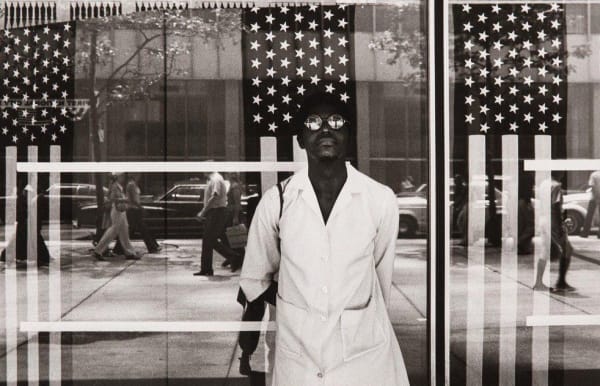
Art Basel
Basel, Switzerland 13 - 18 Jun 2023Jenkins Johnson Gallery is excited to announce its participation in the 2023 edition of Art Basel. Our booth will be located at C11, the fair...Read more -
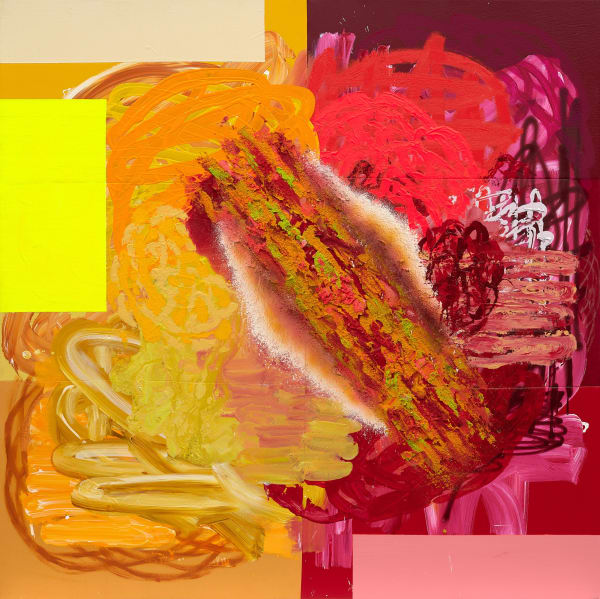
EXPO Chicago
Chicago, IL 13 - 16 Apr 2023Jenkins Johnson Gallery is pleased to announce its participation in the 2023 edition of EXPO Chicago which will take place at the Navy Pier's Festival...Read more -
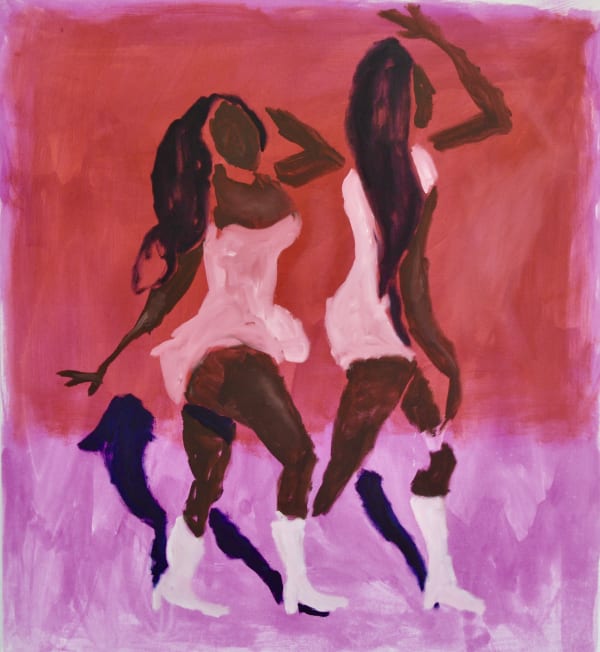
Frieze Los Angeles
Los Angeles, CA 16 - 19 Feb 2023Jenkins Johnson Gallery was pleased to participate in Frieze Los Angeles 2023 at Booth C8. We presented works by Patrick Alston, Lola Flash, Alex Jackson,...Read more -
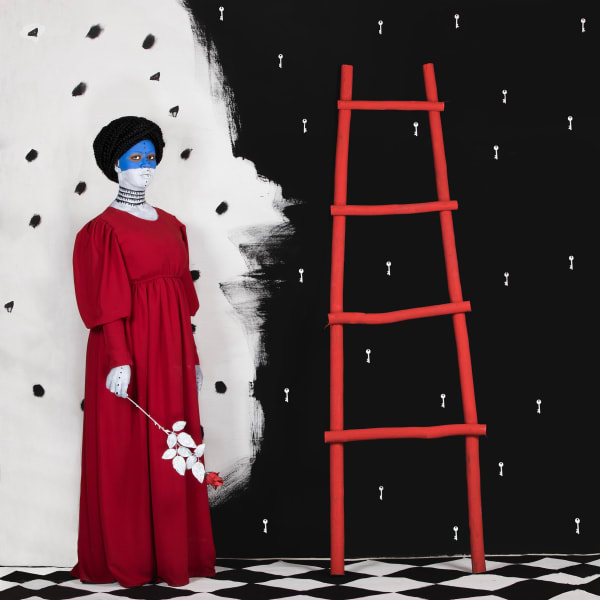
Art Basel | Miami Beach
Miami, FL 29 Nov - 3 Dec 2022Jenkins Johnson Gallery were thrilled to participate in Art Basel Miami Beach. The fair took place at the Miami Beach Convention Center from November 29...Read more -

Art Basel
Basel, Switzerland 16 - 19 Jun 2022Jenkins Johnson Gallery exhibited at Art Basel,which occured June 16-19, 2022. We presented the works of Lisa Corinne Davis, Jae Jarrell, Wadsworth Jarrell, Gordon Parks,...Read more -
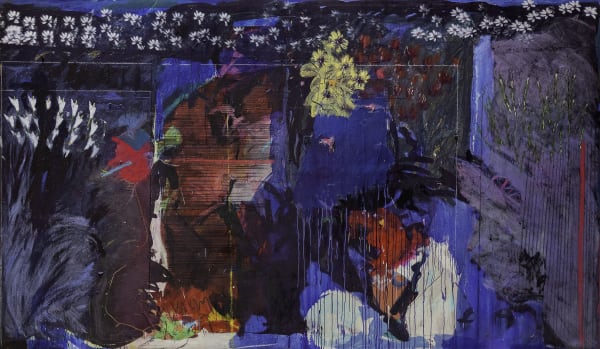
Frieze NY
New York, NY 18 - 22 May 2022Jenkins Johnson Gallery exhibited at Frieze New York, which occured May 18-22, 2022. We presented the works of Sydney Cain, Lisa Corinne Davis, Alex Jackson,...Read more -
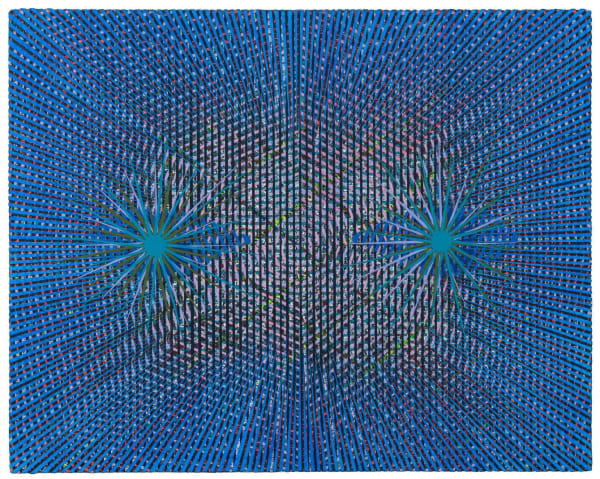
Frieze Los Angeles
Los Angeles, CA 17 - 20 Feb 2022Jenkins Johnson Gallery exhibited at Frieze Los Angeles,which occured Feburary 17-20, 2022. We presented the works of Lisa Corinne Davis, Lola Flash, Alex Jackson, Wadsworth...Read more -

FOG Design + Art
San Francisco, CA 19 - 23 Jan 2022Jenkins Johnson Gallery exhibited at FOG Design + Art, which occured January 19-23, 2022 at Fort Mason Center. We presented the works of Dewey Crumpler,...Read more -
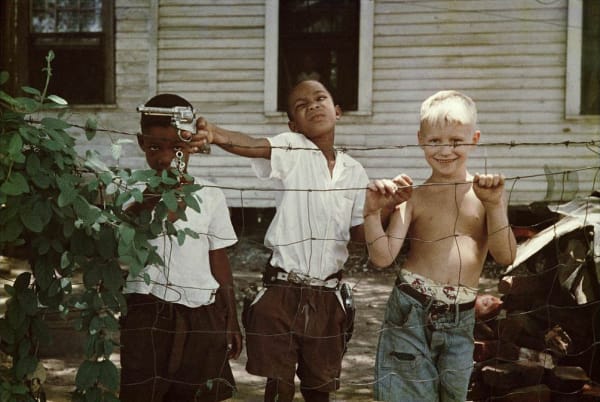
Art Basel Miami Beach
Miami, FL 1 - 4 Dec 2021Jenkins Johnson will present artists who explore social and political issues of the Black Diaspora by bridging historical and contemporary moments: Jae and Wadsworth Jarrell,...Read more -
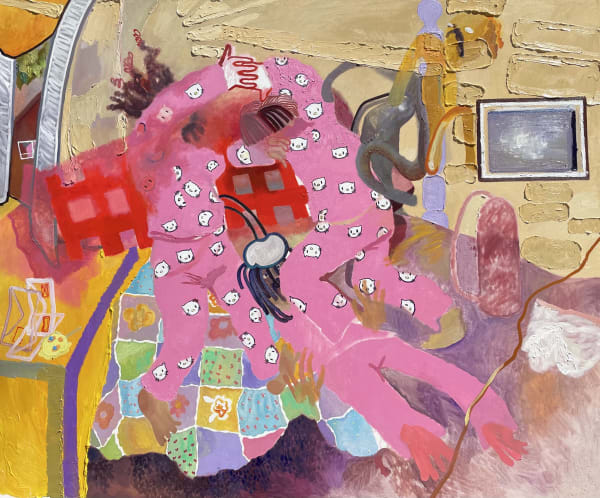
Frieze London OVR
London, United Kingdom 13 - 17 Oct 2021Jenkins Johnson Gallery was proud to participate in Frieze London OVR 2021. The online viewing room was live from October 13th through October 17th. The...Read more -
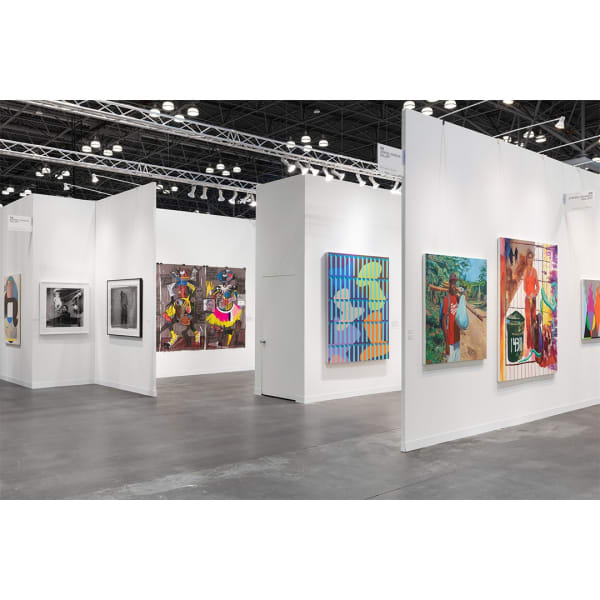
The Armory Show
New York, NY 9 - 12 Sep 2021Jenkins Johnson Gallery was pleased to participate in The Armory Show 2021 at the Javits Center from September 9th - 12th. We presented a selection...Read more -
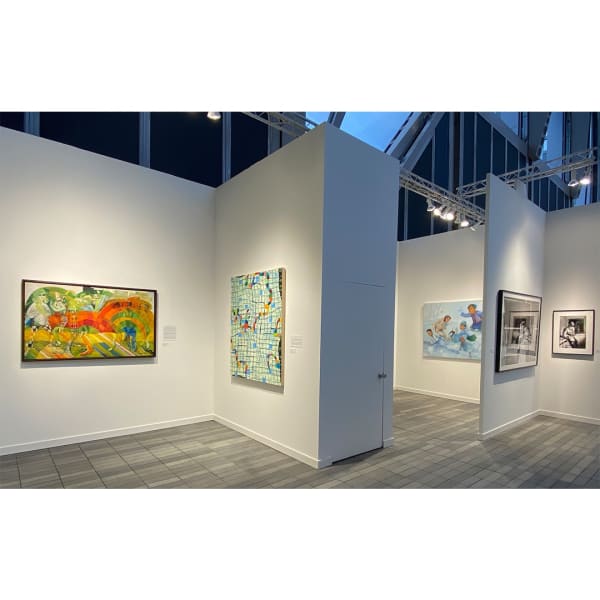
Frieze New York
New York, NY 5 - 9 May 2021Jenkins Johnson presented artists who explore social and political issues of the Diaspora by bridging past and contemporary moments: Wadsworth Jarrell, Gordon Parks, Ming Smith,...Read more -
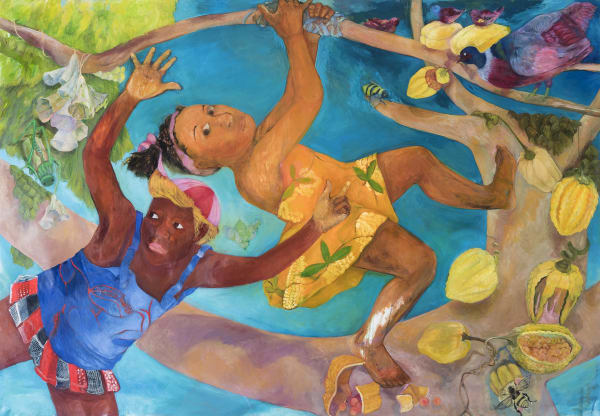
EXPO Chicago
Chicago, IL 8 - 12 Apr 2021Jenkins Johnson Gallery was proud to participate in EXPO CHGO ONLINE 2021. Our presentation, Reflections, featured the work of Dewey Crumpler, Lisa Corinne Davis, Alex...Read more -
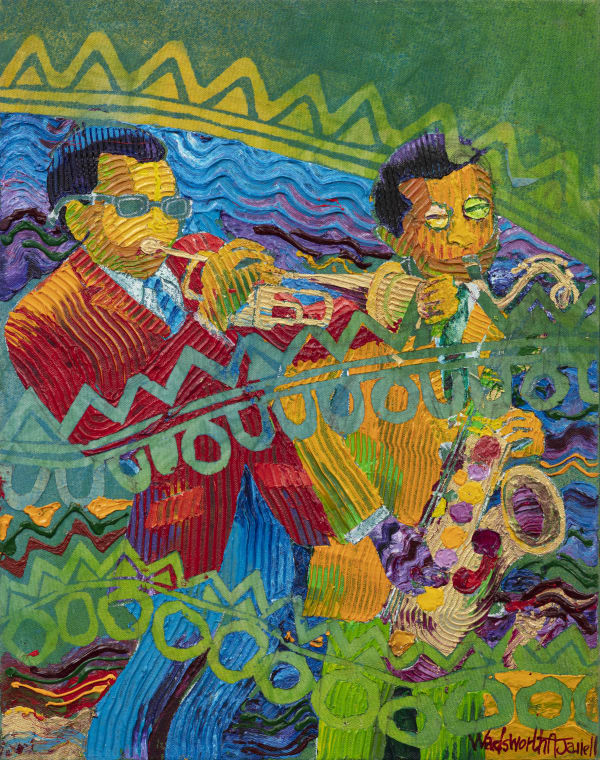
FIAC
Online Viewing Room 4 - 7 Mar 2021Jenkins Johnson Gallery was pleased to participte in FIAC's Online Viewing Rooms 2021. We presented a selection of works by Dewey Crumpler, Lisa Corinne Davis,...Read more -
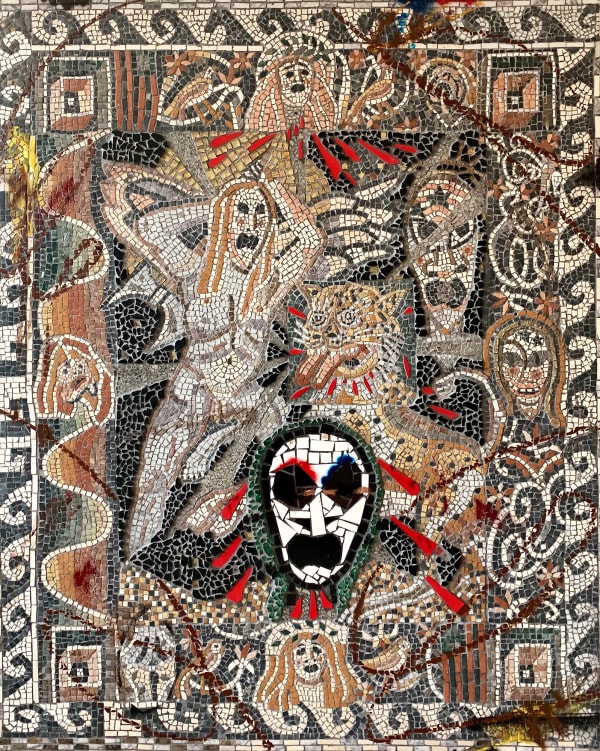
Art Basel Miami Beach
Miami Beach, FL 3 - 6 Dec 2020Jenkins Johnson presented artists who explore social and political issues of the Diaspora by linking past and contemporary moments. To strengthen this connection, we will...Read more -
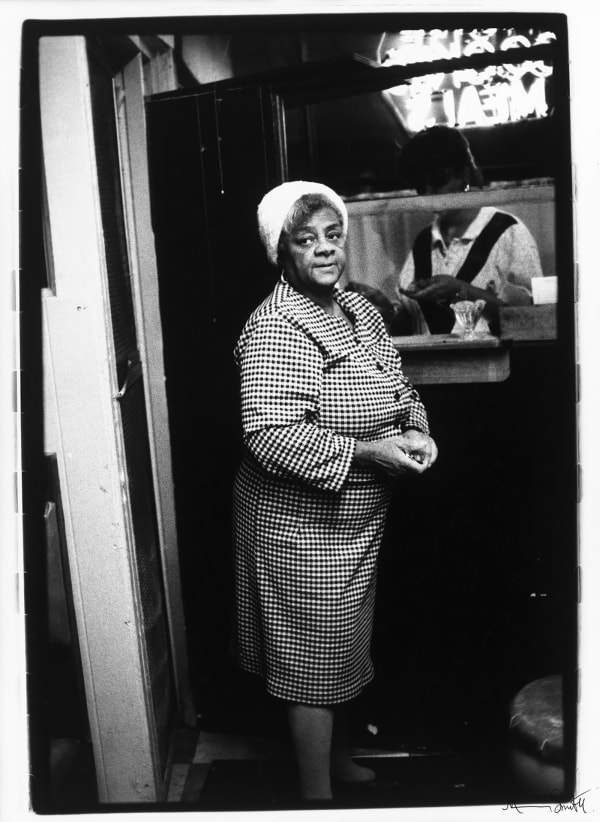
Frieze London
London, England 7 - 16 Oct 2020Jenkins Johnson’s artists explore social, environmental and political issues, connecting past and present moments. Twentieth century and contemporary artists are: Kwame Brathwaite, Lisa Corrine Davis,...Read more -
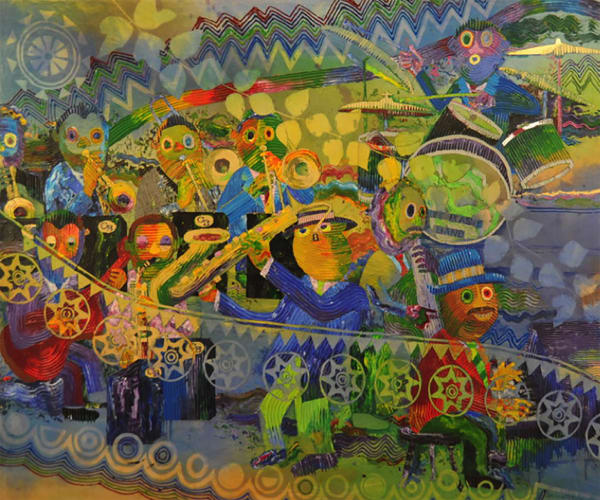
Frieze New York
New York, NY 6 - 15 May 2020From May 8 - 15, 2020, Jenkins Johnson Gallery will exhibit at Frieze New York ‘s virtual viewing room . Our viewing room will feature...Read more -
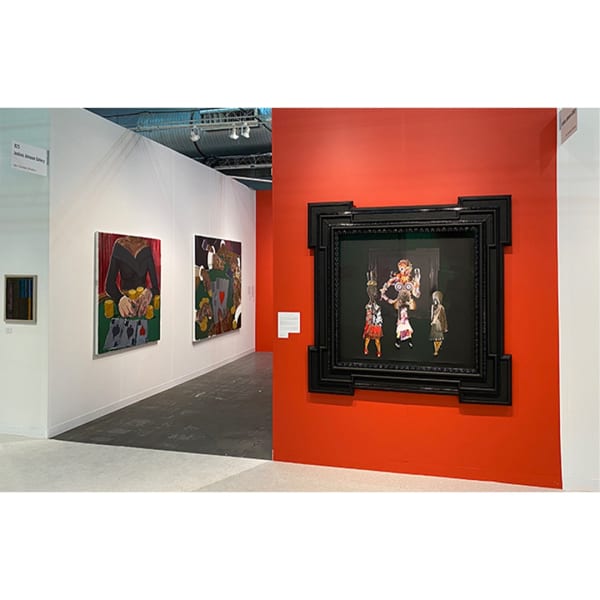
The Armory Show
New York, NY 4 - 8 Mar 2020Jenkins G allery is pleased to announce our presence at T he Armory Show, March 4 - 8 , Booth 825 , Pier 90 ....Read more -
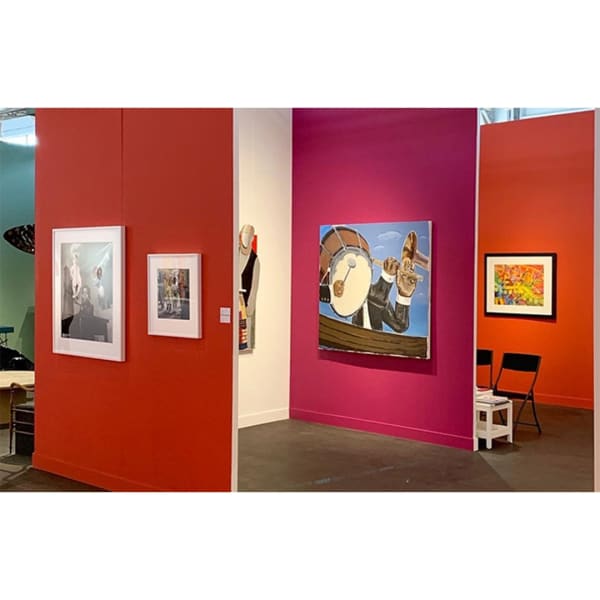
FOG Design + Art
San Francisco, CA 15 - 19 Jan 2020Jenkins Johnson Gallery is pleased to announce its participation in FOG Design + Art at Fort Mason Center, January 15-19, 2020 in Booth 304. We...Read more -
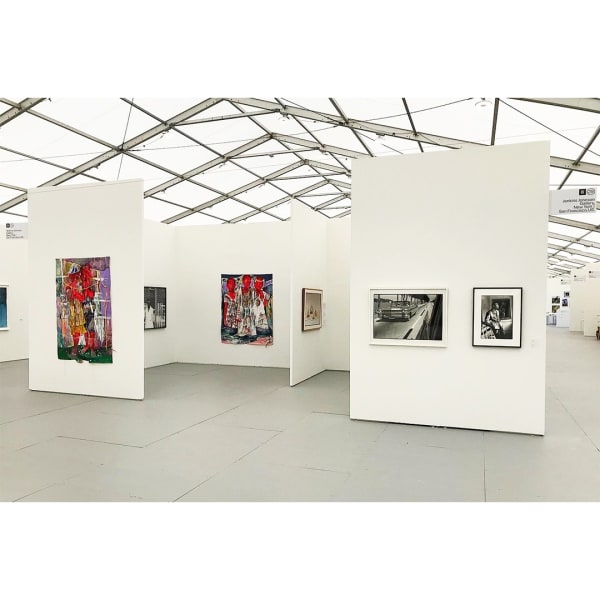
UNTITLED, Miami Beach
Miami Beach, FL 3 - 8 Dec 2019Jenkins Johnson Gallery is pleased to announce its participation in UNTITLED, Miami Beach, December 3-8, 2019 in Booth B29. This presentation will feature artists including...Read more -
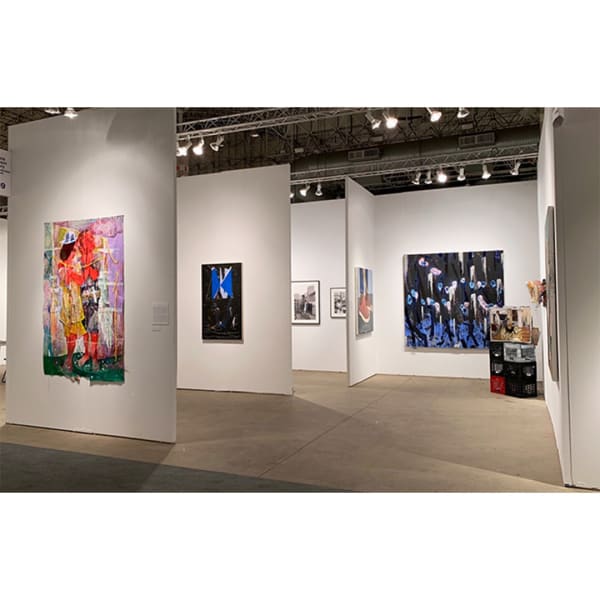
EXPO Chicago
Chicago, IL 19 - 22 Sep 2019Jenkins Johnson Gallery is pleased to announce its participation in Expo Chicago at Navy Pier, September 19-22, 2019 in Booth 259. We will present a...Read more -
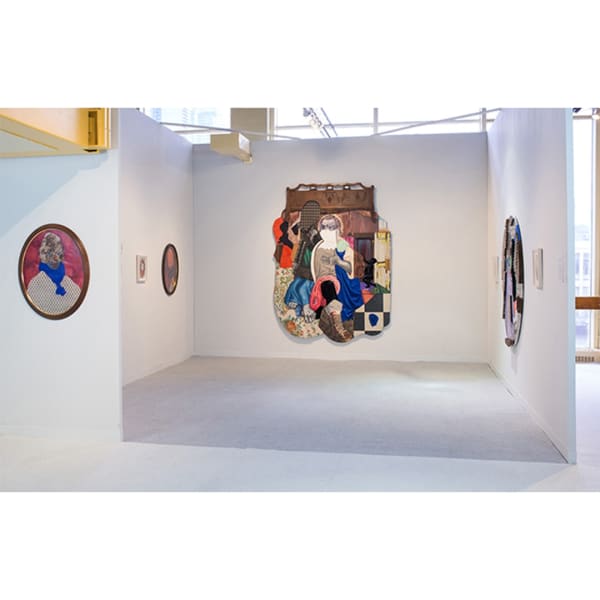
The Armory Show
New York, NY 6 - 10 Mar 2019Jenkins Jenkins Gallery is pleased to announce a solo presentation of David Shrobe at The Armory Show, March 6-10, Booth F5, Pier 90. Shrobe’s solo...Read more



